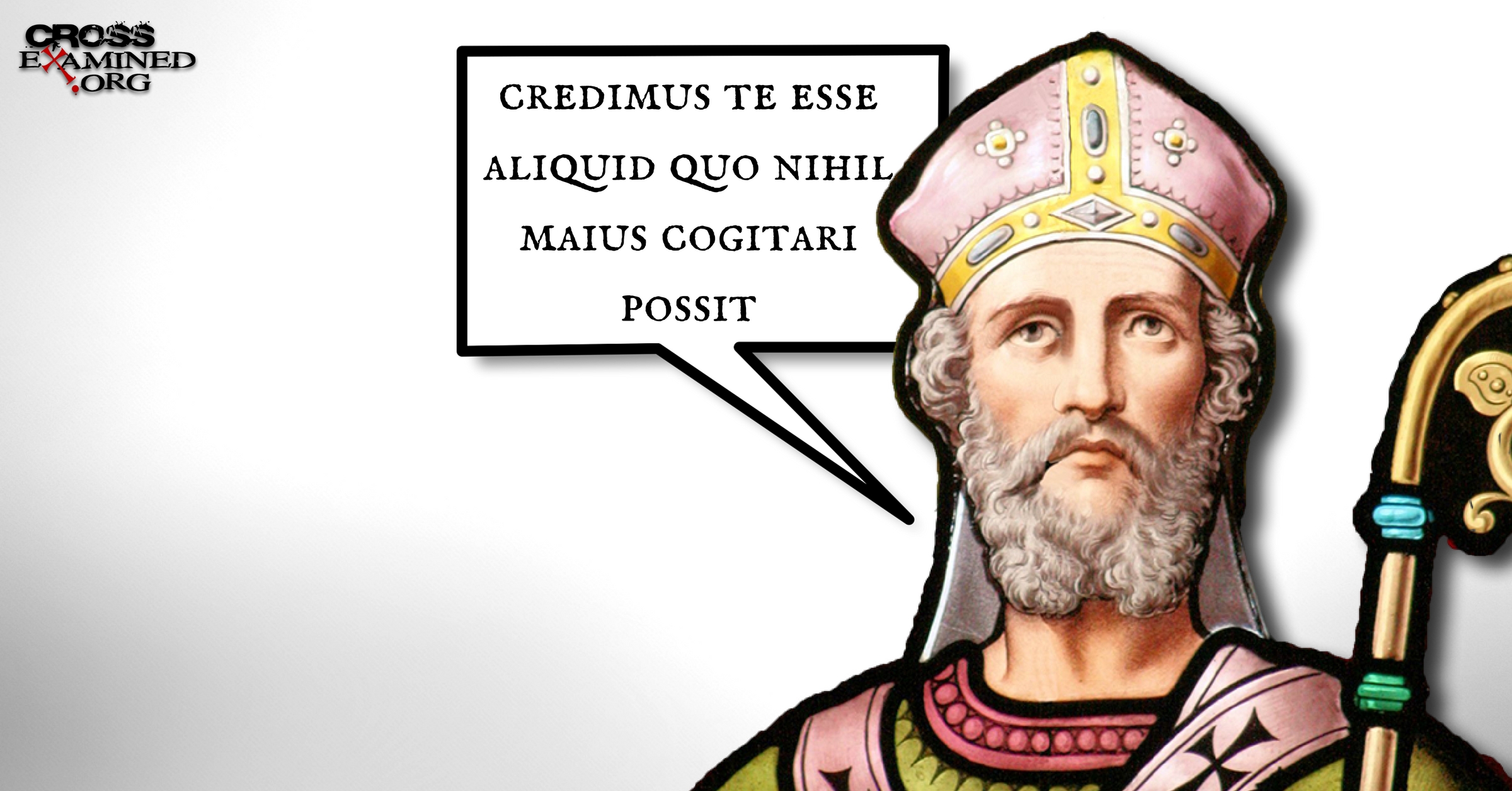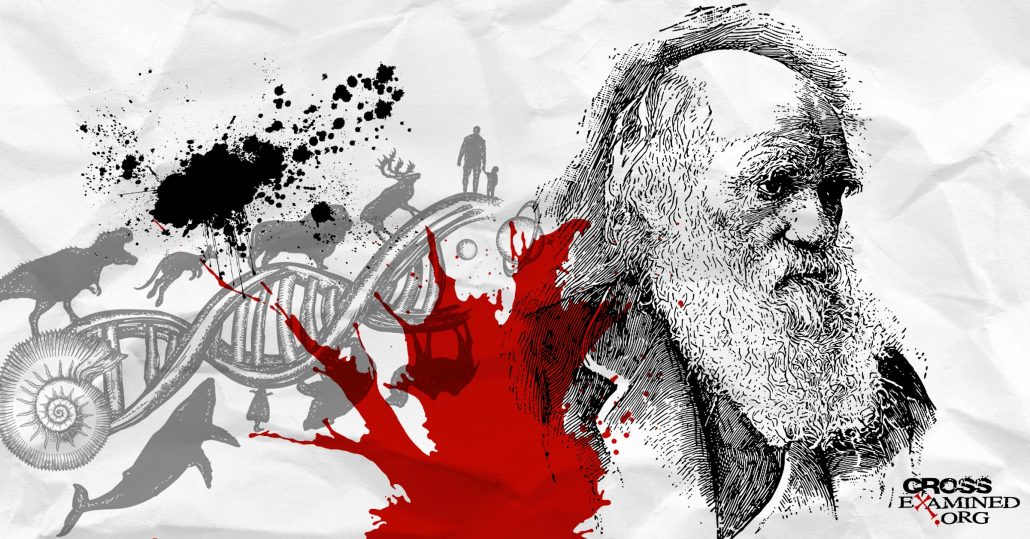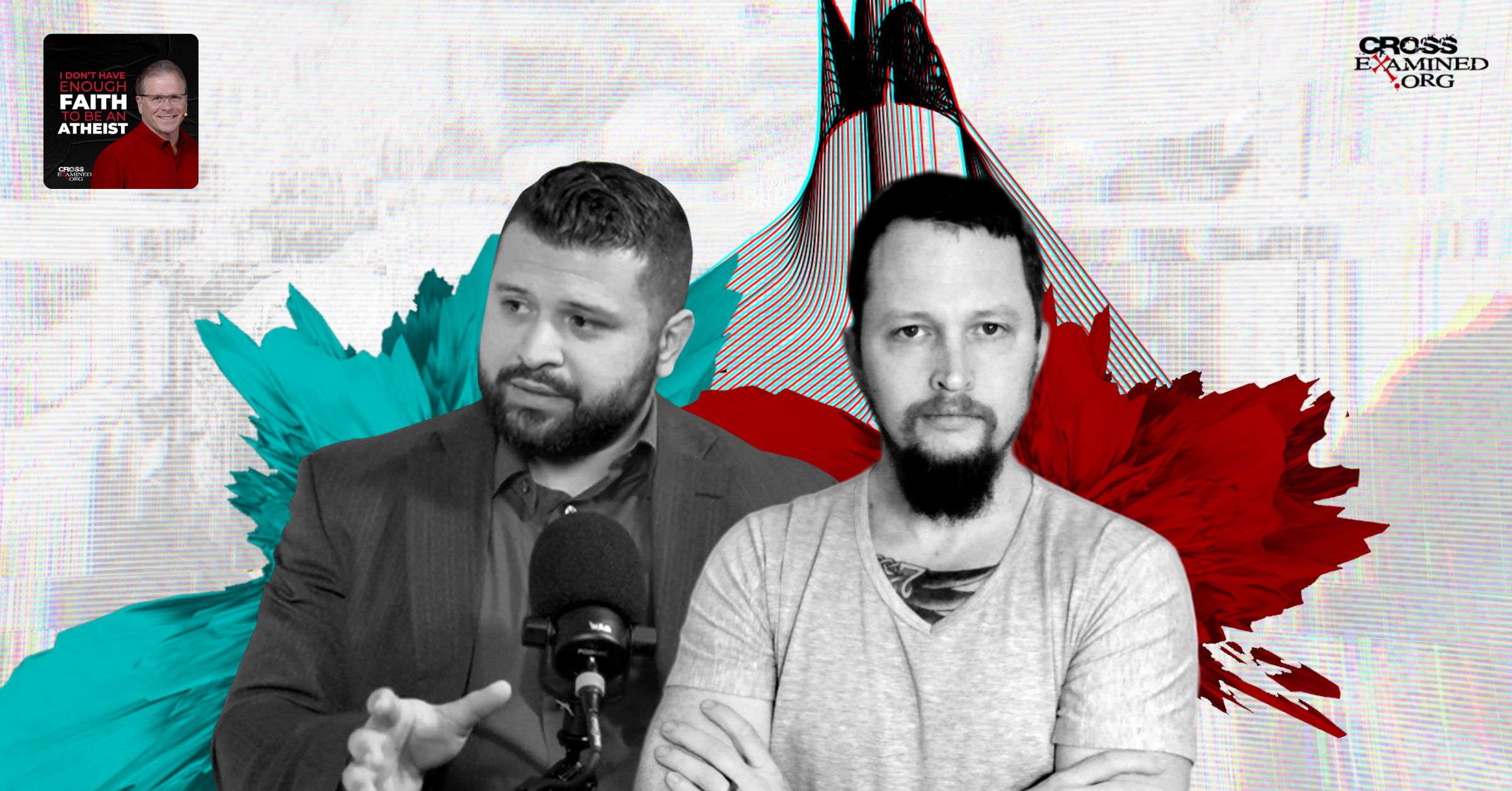Necessary Existence of God
Judeo-Christians understand God as a being that is perfect in knowledge (Ps. 147:5), power (Job 42:2), presence (Ps. 139), acts (Ps. 18:30) and has none greater (Heb. 6:13) nor equal (Ps. 40:6).
Following Anselm’s “credimus te esse aliquid quo nihil maius cogitari possit“¹, God is understood to be a Being that exhibits maximal perfection. God is, borrowing Alvin Plantinga’s words, a being “having an unsurpassable degree of greatness—that is, having a degree of greatness such that it’s not possible that there exist a being having more.” (Plantinga 2002: 102 emp. removed)
God is thus understood to be a being having maximal excellence with respect to power (omnipotence), knowledge (omniscience), presence (omnipresence), and is morally perfect (this is why, for example, God cannot lie or be unrighteous).
From S5 modal logic the existence of such a being(God) is either impossible or necessary. The concept of contingent existence of God is a contradictory idea since (i) necessarily, “a being is maximally great only if it has maximal excellence in every world” and (ii) necessarily, “a being has maximal excellence in every world only if it has omniscience, omnipotence, and moral perfection in every world.” (2002: 111)
Thus either the existence of God is impossible or necessary. The existence of God is not impossible. Therefore it is necessary. Therefore God, as understood by Judeo-Christians, exists.
Is this a persuasive case for existence of such a Being? I think it is not persuasive. Nevertheless it does show that Judeo-Christians’ understanding of God is rationally acceptable. Theists do have warrant in believing in a being with unsurpassed degree of greatness (God).
_____________________
¹ Anselmus Cantuariensis Prologion: Trans. [W]e believe that You[God] are a being than which nothing greater can be conceived.
Plantinga, Alvin (2002) God, Freedom & Evil. First published by Harper and Row., 1974. Reprinted 2002.













Leave a Reply
Want to join the discussion?Feel free to contribute!